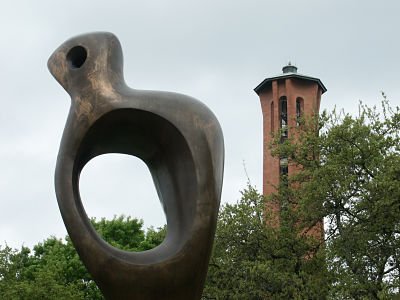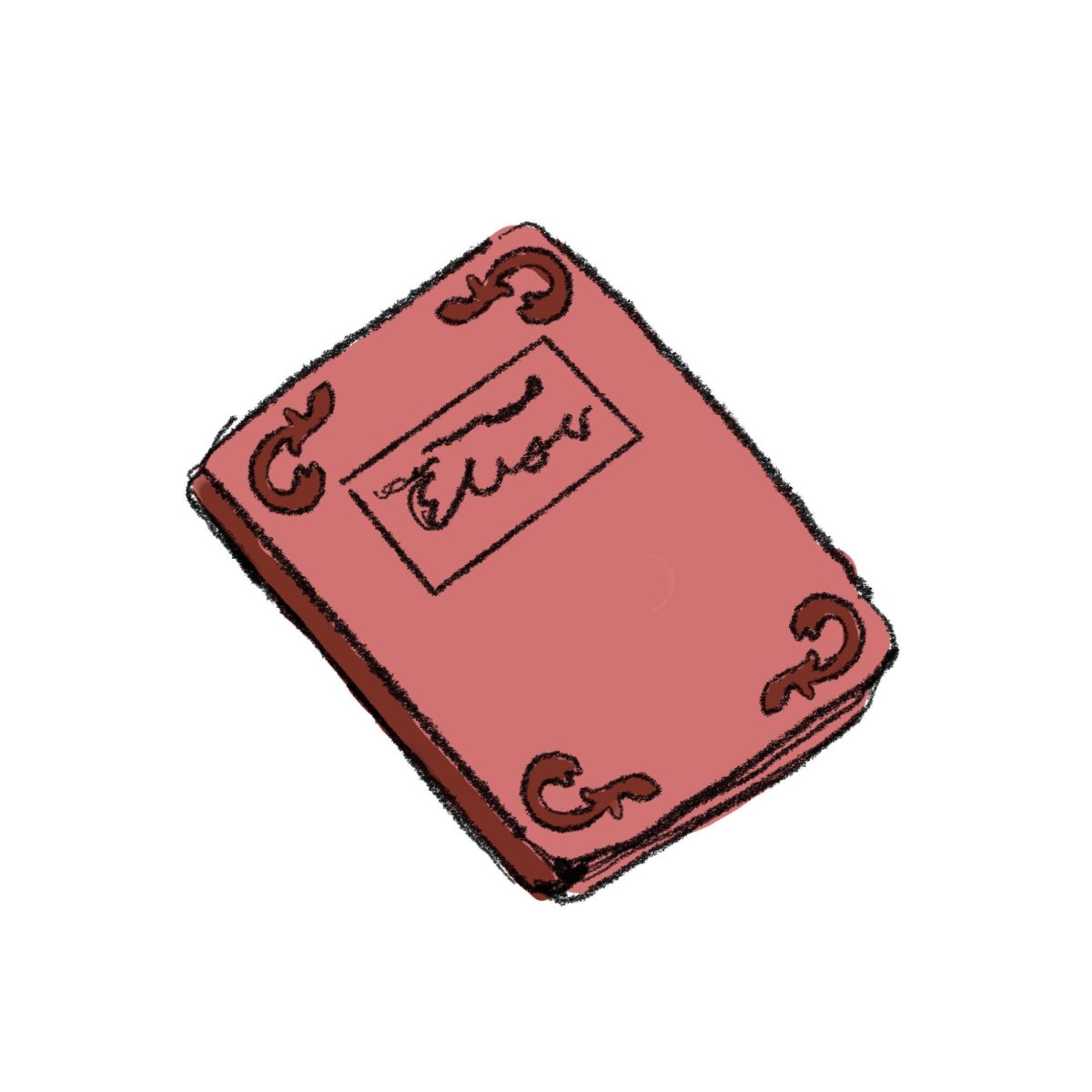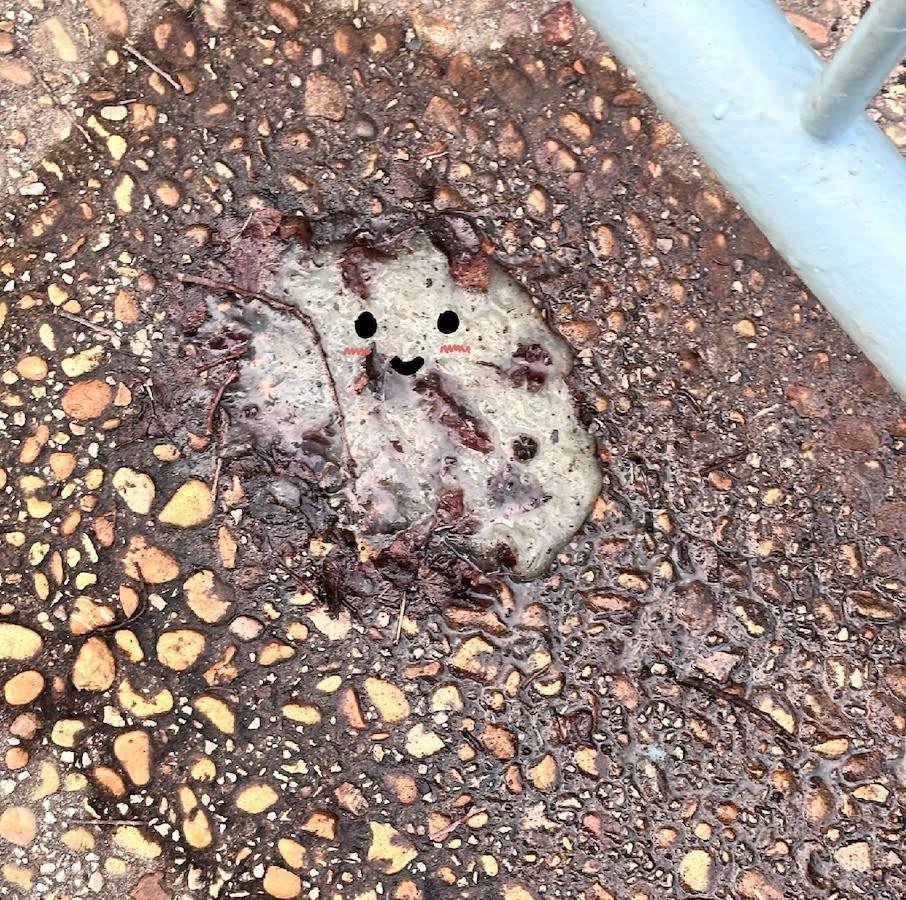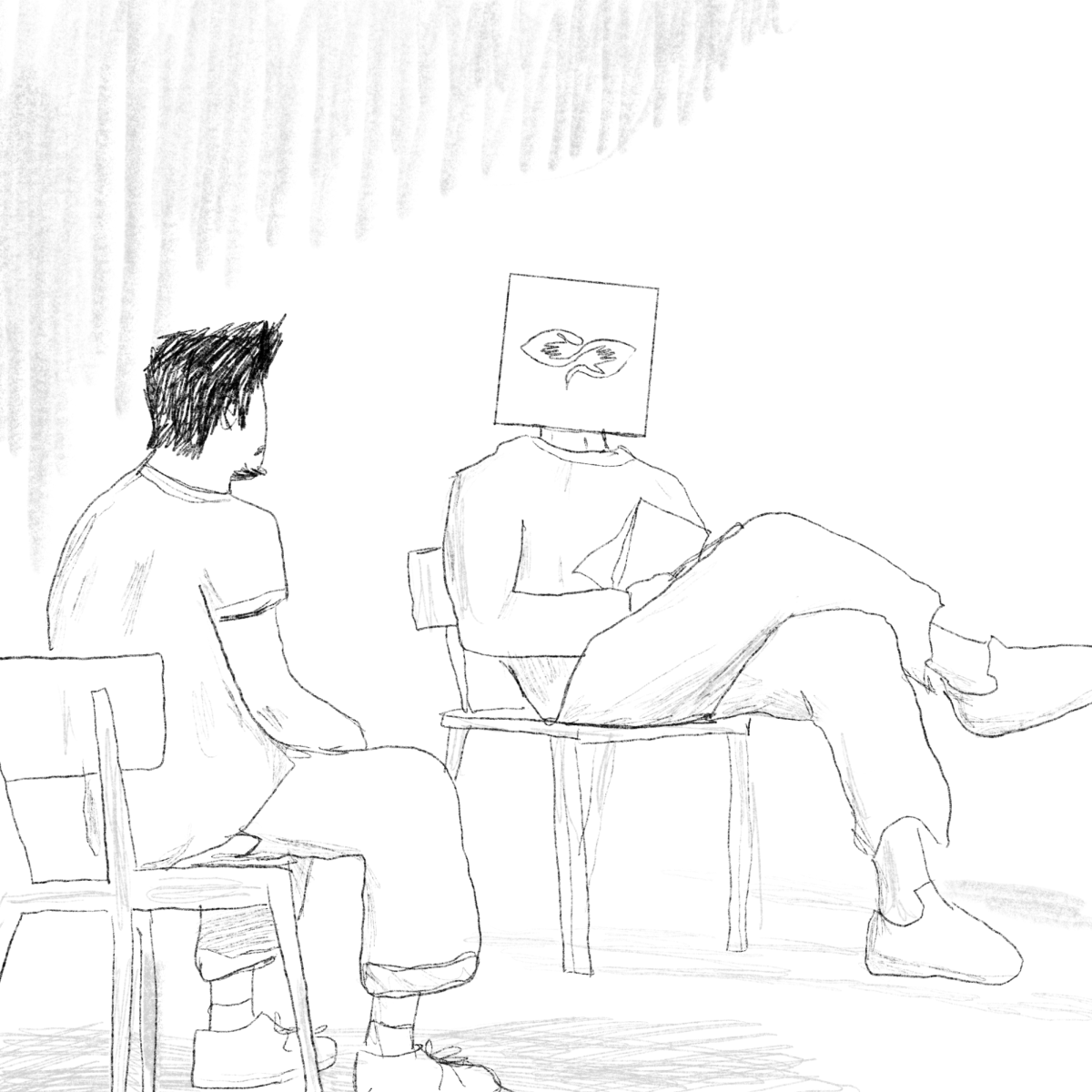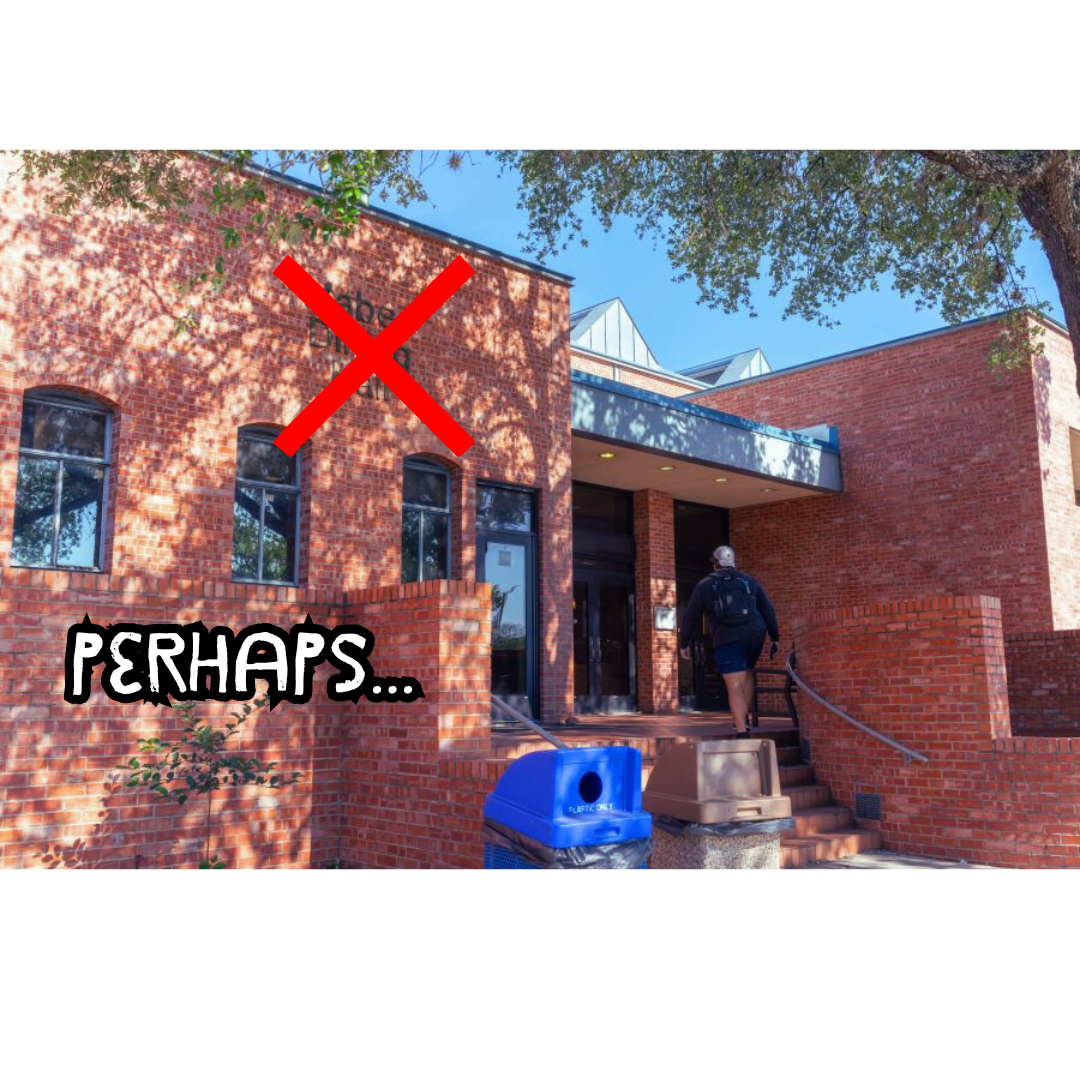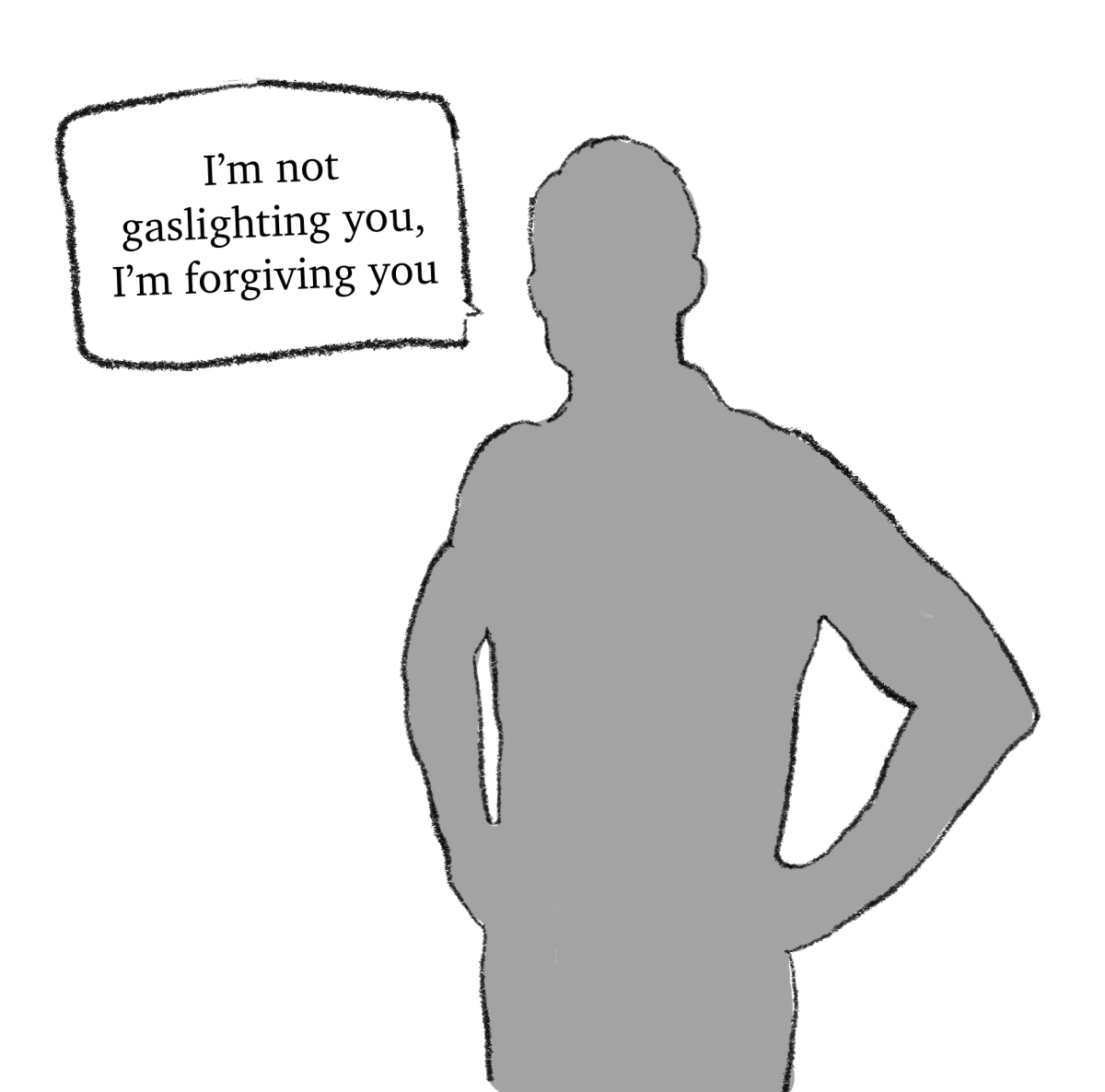After four years of working hard in our department of chemistry, senior Nico Dwarica will enter Yale University’s Ph.D. program in chemistry in the fall. It has been a long journey for him to get to this point, so now he can sit back and reflect on what helped him get here.
“I started thinking about going to grad school when I was a sophomore. I’m a chemistry major, so I was like, “˜Alright, I need to have a plan for what I’m gonna do afterwards.’ Junior year, my advisor gave me some advice to look at top 50 schools in the U.S., and then the summer after my junior year, I wanted to narrow it down to 10 or less schools. The applications are a lot of work, so what I would do would be look up each school and program, see what kind of classes they offer, how long it takes and see what kind of work the professors are doing, because a Ph.D. program in chemistry is primarily focused on research. So I looked around a lot, and then by the end of the summer, I decided to apply to Northwestern, Berkeley, Columbia, Rice, University of Washington, University of Pennsylvania and University of Pittsburgh,” Dwarica said.
According to Dwarica, Yale wasn’t even on his post-graduation radar until he attended a seminar earlier in the year put on by Trinity’s department of chemistry.
“During the semester, there was a chemistry professor who came over from Yale to give a talk on his research and stuff. I hadn’t really considered applying there before and then he came in, and my advisor, Dr. [Bert] Chandler, said, “˜You should go have lunch with this guy and talk to him.’ And I was like, “˜Yeah sure, I’ll think about it,’ thinking I don’t really have time for that. I ended up actually going to the lecture and it was really interesting to listen to. He showed us a bunch of pictures of the campus and the research that other professors are doing. I had never really thought of looking in there. After the lecture, I left and went back to my lab, and my advisor came in and said, “˜Get out, go talk to him.’ So I went and talked to him and we just like chit-chatted about school and research work, stuff like that,” Dwarica said.
The seminar sparked his interest in Yale, so Dwarica ended up applying, thinking it could be another reach school for him. He sent in his seven applications right before winter break and waited in silence for a few months. Dwarica ended up being accepted into most of the schools he applied for. He was surprised to find out that he was rejected from Columbia, as he was able to meet with chemistry professors there and discuss research ideas.
“With these kinds of things, you have to have backup plans. You can go in with a mentality or a plan, but shit happens. Anything goes after you apply. You never know. Sometimes the people who are reviewing your application could be having a bad day. For people who are thinking about or applying to grad school, I guess the best advice I could give is to do a lot of research on your school, and if you have opportunities to meet professors, then take them. And if you don’t have opportunities, then make opportunities,” Dwarica said.
Because of his impressive accomplishments, students who know Dwarica say they look up to him. Christian Correll, an undecided first year, is one of Dwarica’s fraternity brothers. According to Correll, the fraternity brothers see Dwarica as a father-like figure.
“Nico is the definition of dad. While he makes a bunch of stupid jokes that make you hate him at times, he is much wiser than you will ever be and holds himself to very high standards. It’s very inspiring for me as a freshman. Also I feel like he would be a really great coach if this whole Yale thing doesn’t work out,” Correll said.
In addition to support from friends and academic advisors, Dwarica was also grateful for having his roommate, Juan Carlos Suarez, to work on applications together. Suarez, a senior engineering major, found that it made the process more enjoyable.
“It was pretty fun. We spent all summer looking into and comparing different graduate programs. Every week or so we’d talk about what programs we found and why we liked them. When it came to actually applying, we revised each other’s statement of purpose. We both found that having a friend’s perspective on your undergraduate experiences and achievements was really helpful “” sometimes you miss or forget things that your friends don’t,” Suarez said.
Both Suarez and Dwarica advise students interested graduate school to plan early.
“Start looking into schools now. Take the GRE as early as possible [like the] summer after junior year. Apply to scholarships and fellowships, reach out to professors and find connections at your schools of interest, ask peers, co-workers and professors that have worked with you throughout college revise your statement of purpose. Lastly, while you may think that networking isn’t important for graduate school, it is.” Suarez said.

